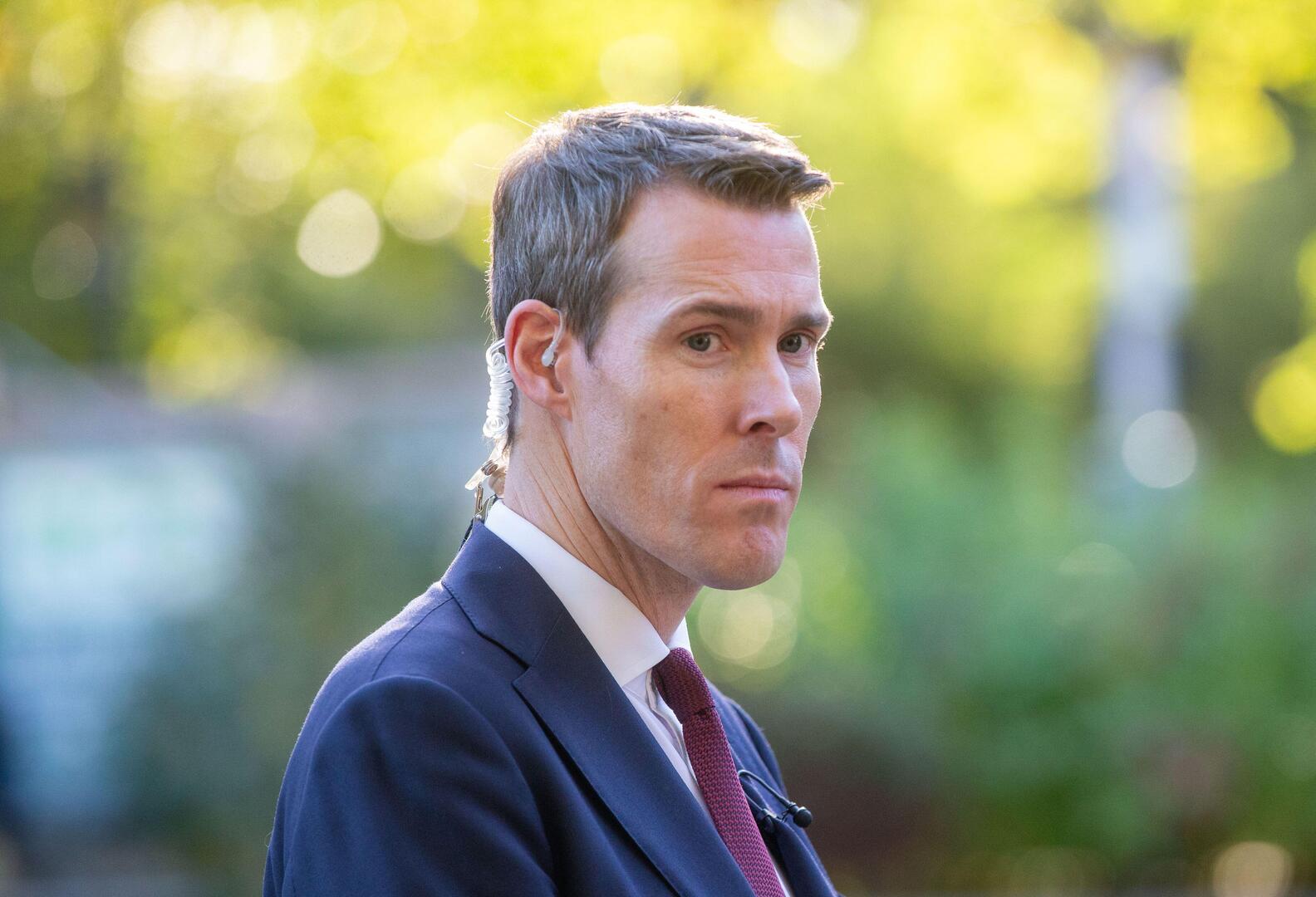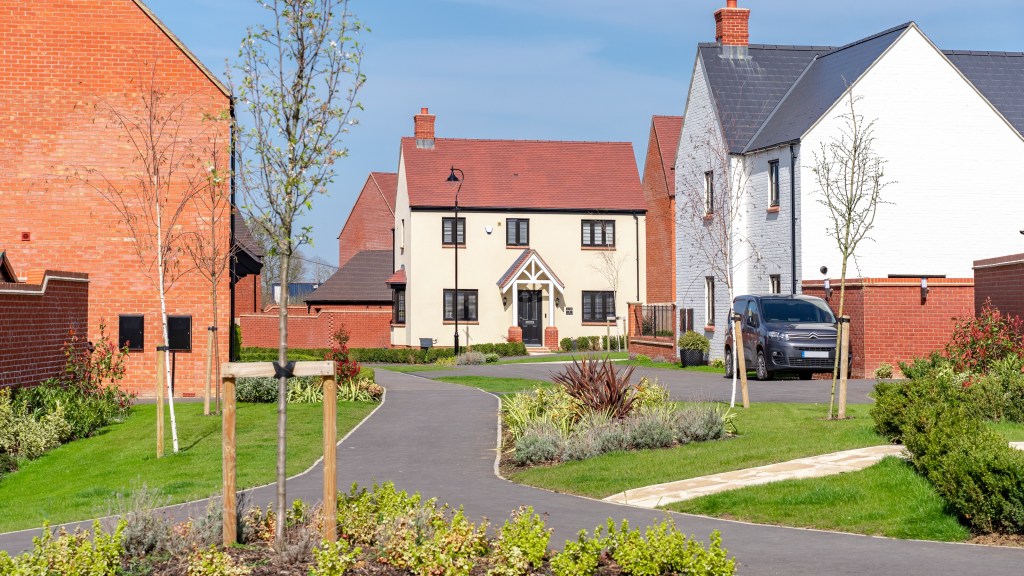Labour Forecasts Significant Shortfall in New Home Construction
A recent forecast indicates that the government is likely to construct only slightly more than half of the 1.5 million new homes it committed to building by 2029. Concerns are rising that the upcoming spending review may worsen the ongoing housing crisis.
Research from Savills, a property consultancy, reveals that subdued interest from first-time buyers and housing associations, as well as a decrease in planning approvals, will result in approximately 840,000 home completions during Labour’s first five years in office.
According to the Home Builders Federation (HBF), only 39,170 new homes received approval in England during the first quarter of 2025, marking the lowest quarterly total since 2012.
While the Ministry of Housing, Communities and Local Government maintains that the target of 1.5 million new homes is still valid, officials concede that achieving this goal is a “stretching target.” Developers have privately expressed skepticism about the feasibility of meeting such ambitious targets in the next five years.
Dan Hill, a researcher with Savills, emphasized that reaching the target would necessitate “very significant demand support,” potentially through new initiatives like Help to Buy, since developers tend to build in accordance with what they can sell.
Leaders from major construction firms, including Persimmon and Barratt Redrow, have voiced that they hope the government will consider reintroducing support for first-time buyers.
Following the conclusion of the Help to Buy scheme in March 2023, aspiring homeowners have been without any form of government assistance for the first time in six decades.
Neil Jefferson, HBF’s chief executive, remarked that “all indicators for housing supply continue to stagnate or decline.”

Ministers have not dismissed the possibility of cuts to the housing budget, leading to heightened anxiety within the industry that supply could be further limited.
An industry collective has reached out to Housing Minister Matthew Pennycook, alerting him that social housing providers “are struggling to fund necessary improvements to existing housing portfolios, let alone create new homes” due to strict rental price controls.
This coalition, which includes Landsec, Peabody, and BusinessLDN, indicates that “the lack of new supply is putting immense pressure on local public finances” while also “acting as a barrier to employer recruitment and retention.”
Hill noted that even with adequate demand, the pace of construction would be limited by how quickly the housing sector can scale its supply chains and workforce.
From 2019 to 2024, the five years prior to Labour taking office, Savills estimated that roughly 207,000 homes were built annually in England. Recent official statistics demonstrated that 198,600 homes were constructed in the year ending March 2024. To meet Labour’s target, an average of 300,000 homes would need to be completed each year.
Amid declining planning permissions, Savills projects that annual completions will average just 167,000 from 2024 to 2029.
Developers have cautioned that taxes enacted following the Grenfell tragedy have hindered their capacity to construct new homes.
The government has stated it is working to expedite the planning process to “deliver the homes and infrastructure we need.” They added, “Our significant reforms will drive UK housebuilding to its highest level in over 40 years, while also providing the largest boost to social and affordable housing in a generation and supporting first-time buyers.”




Post Comment